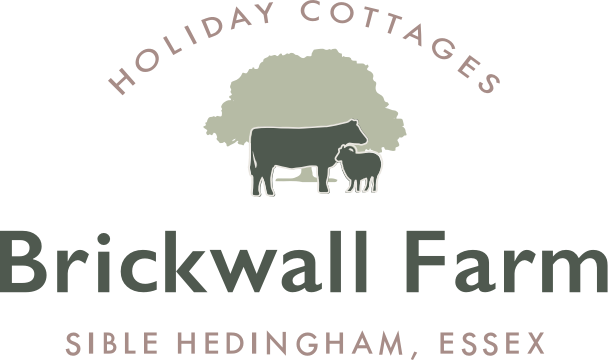Your basket is currently empty!
About Us
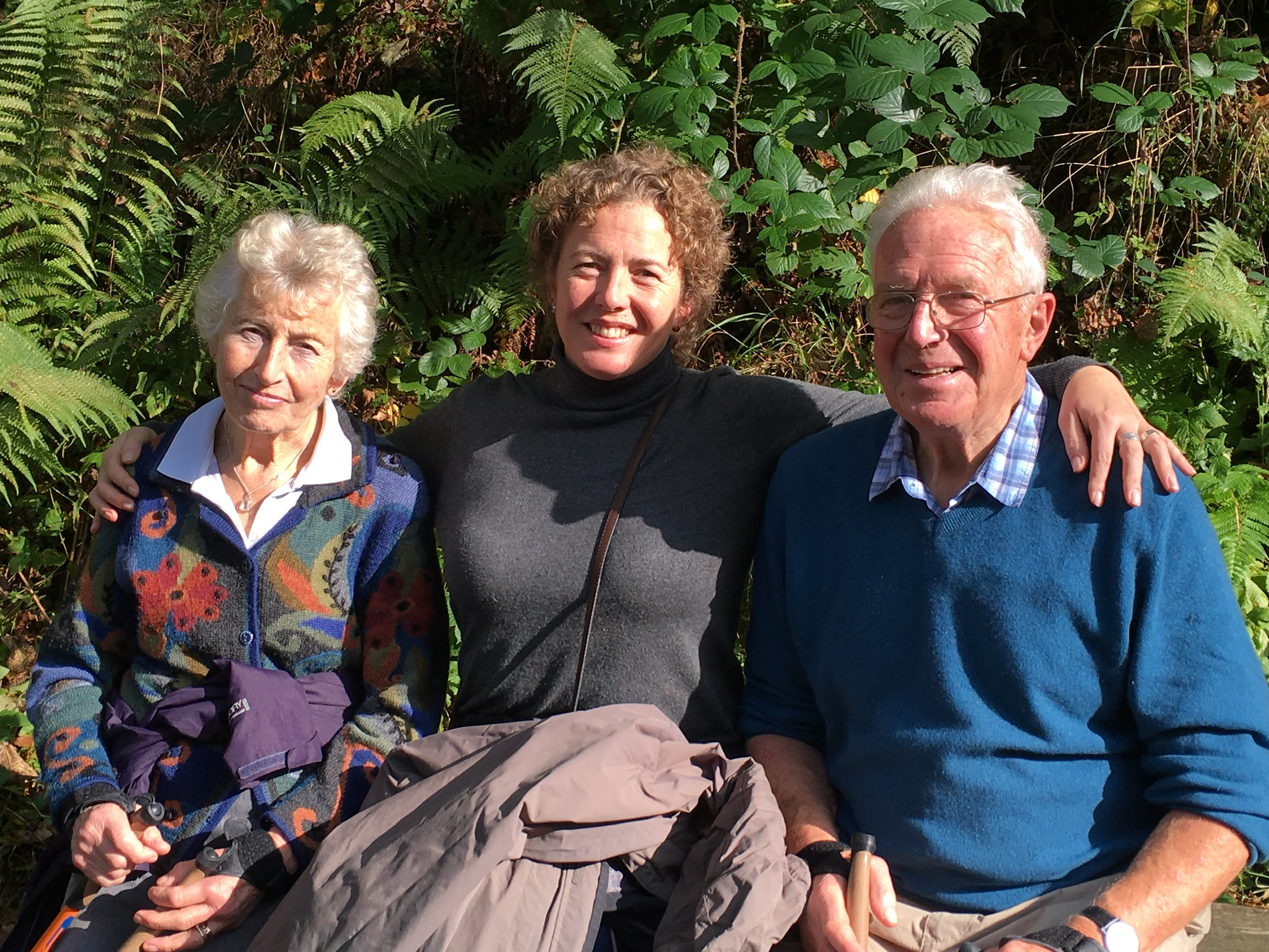
We are Robert and Jean Fuller. We have been running the holiday cottages since 1997, now helped by our youngest daughter Zoë.
The Farm
We have lived at Brickwall Farm since 1960, when we got married and moved (with very little) into a small caravan in the derelict farmyard during one of the coldest winters on record! A lot has changed since then, but throughout the changes, some things have stayed the same: our love for our family, our animals, our farm, the wildlife and nature, and our sense of adventure.
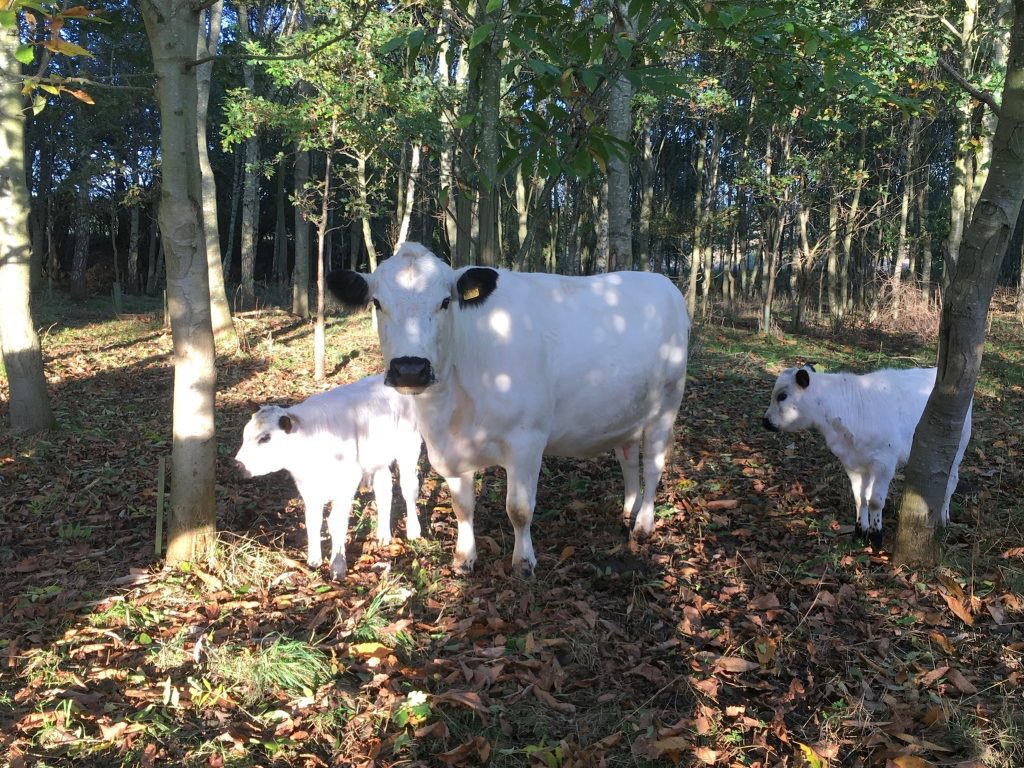
The farm covers 56 acres of beautiful Essex countryside, and includes 15 acres of woodland which we planted between 1996 and 1999, and dozens of willow trees grown for making into cricket bats.
We have around twelve rare breed cattle (the Woodland herd of British Whites) and a small flock of horned rare breed sheep (the Barnfield flock of Portlands). The animals are almost exclusively pasture fed, and a very small number of animals go for meat each year.
Although we are not fully organic, the farming is done with low inputs (eg no artificial fertiliser, only spreading manure), and with no pesticides. Herbicide (glyphosate) is used very minimally to control weeds in areas that it’s difficult to manage any other way (mainly around the farmyard). We have just started to harvest wood from the woodland which is being used for firewood.
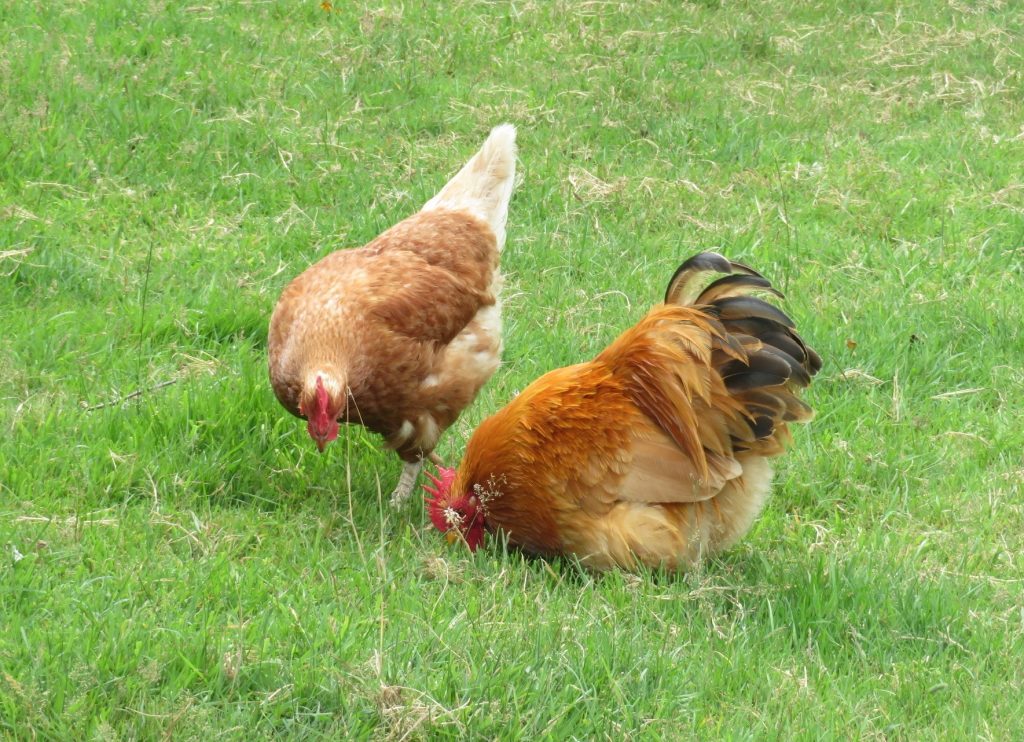
There is a wealth of wildlife that can be seen on the farm, depending on the time of year, and we are continuing to do what we can to improve and support this. Look out for:
- new ponds and scrapes which are designed to create habitat for newts especially (we are awaiting the results of this)
- an ever-growing sett of resident badgers
- stoats, muntjac deer, hares, and of course rabbits
- wild flowers, including bee orchids and yellow archangel
- birds, including kingfishers, little grebes and barn owls
- amphibians such as slow worms and grass snakes, frogs and toads
- a huge range of fungi
- too many butterflies, moths, bees and other insects to mention by name
- hives of wild honey bees: there is one that made its home in the end of the farmhouse about 20 years ago, and a further two hives in natural wooden hives tied into trees on the farm (the hives aren’t harvested for honey).

The current wildlife rich environment is very different from how things were. In the early days the farm was farmed more conventionally and commercially. Initially we had a small herd of pedigree jersey cows, and raised chickens from day-old chicks to ‘point-of-lay pullets’.
This continued until 1977 when, following two very hot, very dry years, the costs of buying feed for animals made the farm uneconomical as it was and we were forced to rethink. At this stage, we invested in a reservoir for irrigation of the fields (now the lake), and in line with the wider changes that were happening in farming and agriculture at the time, we stopped farming chickens and started dairy farming on a more intensive, commercial basis. For many years, we farmed in this way, with every inch of the farm being used to produce grass for the cows, and requiring both artificial (nitrogen based) fertilisers and irrigation (because Essex is such a low rainfall county, and without water, grass doesn’t grow!). To make ends meet from what is, in farming terms, a very small farm, we increased the value of the milk by making award winning dairy products, including live yoghurts, unpasteurised cream, cream and curd cheeses and ice-cream, delivering these to local shops and London.
After our eldest daughter moved away to get married in 1990, we made the very difficult decision to sell the herd in 1996, diversifying by renting the buildings and developing the self-catering cottages. Gradually the land has been able to recover from the intensive farming, becoming what you see now. We hope you enjoy it, and if you have any questions, please ask!
“Happiness is a field of grain, turning its face to the falling rain.
I see it in the sunshine, breathe it in the rain.
Happiness, happiness everywhere”
Discover Things To Do On The Farm
The farm provides opportunities to indulge your love of nature, the countryside and your need for beautiful surroundings, whatever the season.
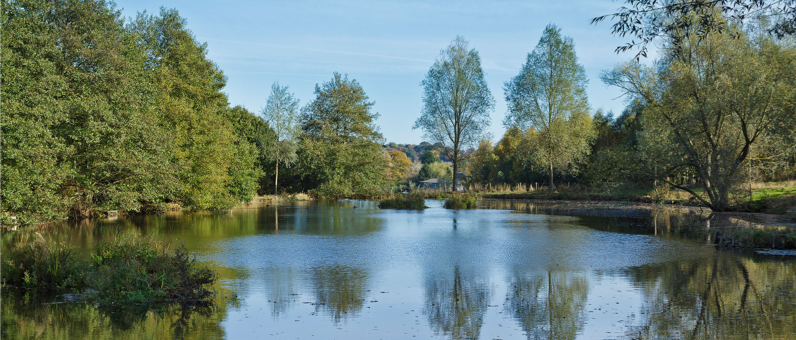
“Marvellous hosts and nice cosy accommodation.
Ian Sutcliffe
Would highly recommend it”
